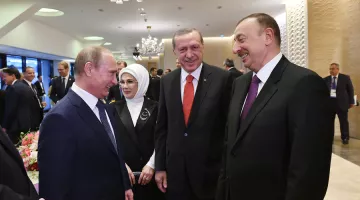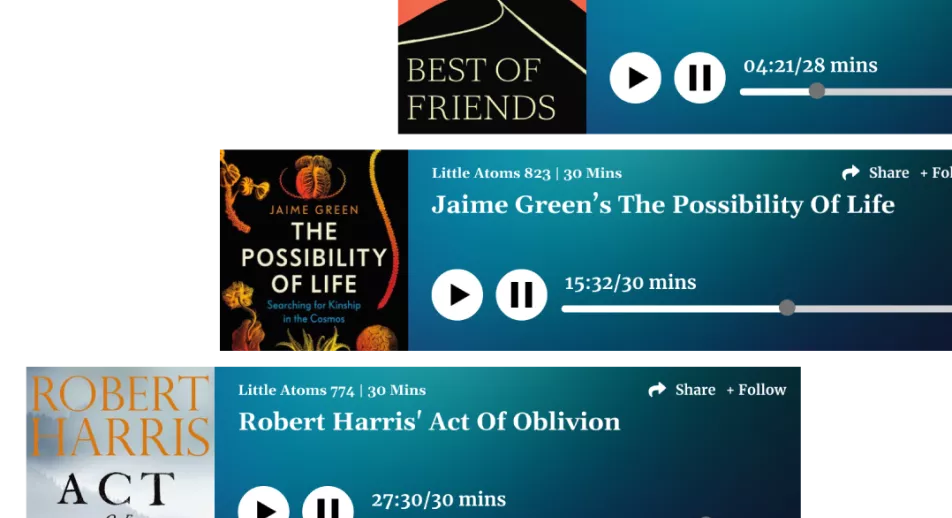What does Erdogan want?
Not just power; prestige

Ahead of Sunday’s referendum, which is predicted to give Turkey’s president a range of new executive powers, it’s worth examining Erdogan’s motivation. What does the president want?
The obvious answer is prestige. Prestige, as distinct from power. Erdogan is already powerful. The AKP is essentially a vehicle for his desires, as evidenced by his easy dismissal of Prime Minister (and nominal party leader) Ahmet Davutoglu in May 2016. Davutoglu was the closest AKP came to an ideologue in recent years, (admittedly, that’s not saying much), the man behind “neo-Ottomanism” the supposed shift of Turkey’s gaze eastwards, for the first time since the rise of Ataturk.
This manifestation came not just in foreign policy, but in Turkey’s odd theme-park retreat to Ottoman chic, seen in popular soap operas, presidential photocalls, and most famously, the proposal to turn Gezi park, an unlovely patch of green in a corner of Taksim Square, into an Ottoman-style shopping mall.
In reality, neo-Ottomanism is a half-baked thing, but at the time of his dismissal Davutoglu was painted by some as a potential challenger to Erdogan within the AKP, and his sacking a masterful consolidating move by Erdogan. In truth, there is no real challenge within the party. It is Erdogan’s plaything, much as the country will be if (as seems likely, though by no means certain) the referendum on executive powers carries.
But it’s not as if Erdogan is currently in a position of frustrated weakness. With the ongoing state of emergency triggered by last year’s failed coup, the government can do what it wants, and Erdogan has wasted no time rounding up inconvenient army officers, journalists and academics.
Almost absolute power. Prestige, though, is something different. In modern Turkey, there is no more prestigious political figure than Kemal Ataturk, father of the republic. In spite of the fact he’s been dead for almost 80 years, Ataturk’s image is everywhere in the country, challenged only for ubiquity by the nazar boncuğu, the good luck talisman said to ward off the evil eye.
Statues of Ataturk are found everywhere - often close to mosques, just to remind the population where power lies. He adorns t-shirts, lurks behind coffee shop counters, sits on car dashboards. The question of “what would Ataturk do?” looms over Turkish politics, to the point where Erdogan recently asserted that not only would Ataturk have approved of the new proposed executive powers, but he in fact worked with a similar system. This in response to an intervention by German tabloid Bild which claimed that Ataturk would vote no in the referendum.
Erdogan has already moved into the realm of the billboard autocrat of the type seen across central Asia (ally and looking President Aliyev of Azerbaijan being the model). But his ambition is greater. It would be ridiculous to suggest, as Deutsche Welle has, that Erdogan aims to supplant Ataturk as a symbol for the nation. But for a man of Erdogan’s ambition and ego, Ataturk provides a model of transformative power, prestige and even affection that must appeal to his very soul.


